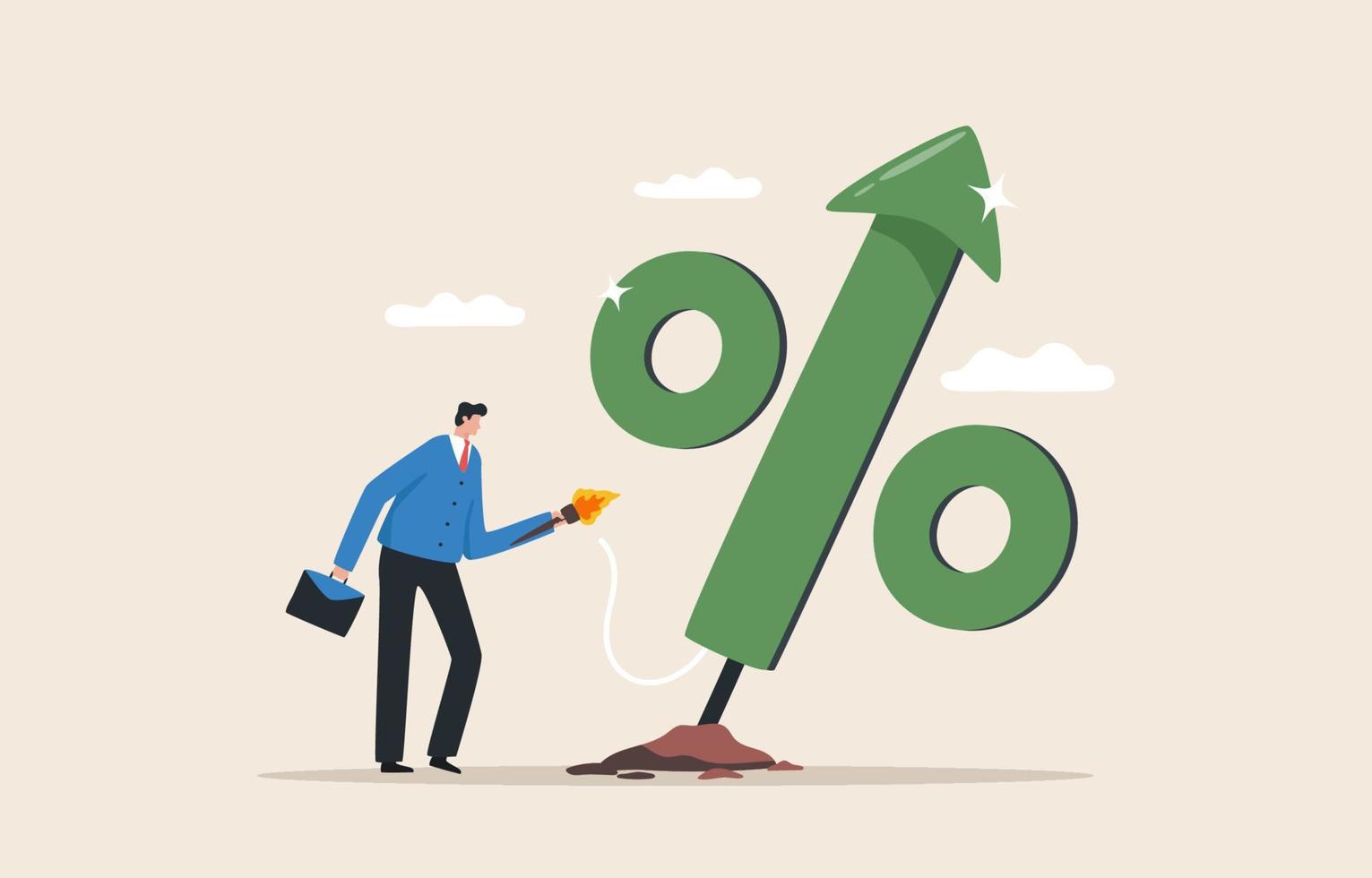
Understanding Interest Rates
Interest rates are essentially the cost of borrowing money. When you take out a loan, whether it’s for a mortgage, a car, or a credit card, you pay interest on the amount you borrow. Conversely, when you deposit money in a savings account or a certificate of deposit (CD), you earn interest on your savings. These rates are influenced by various economic factors, including inflation, government policy, and overall economic growth. A rise in interest rates means that borrowing money becomes more expensive, while saving money becomes more rewarding.
Impact on Borrowers: Mortgages and Loans
Rising interest rates directly impact borrowers. For those seeking a mortgage, higher rates mean higher monthly payments. This can make it more challenging to afford a home, particularly for first-time homebuyers. Existing mortgage holders with adjustable-rate mortgages (ARMs) will see their monthly payments increase as their interest rates adjust upwards. Similarly, borrowers with personal loans, auto loans, and credit card debt will find their repayments more costly. It’s important to carefully assess your budget and affordability before committing to any significant borrowing during periods of rising interest rates.
:max_bytes(150000):strip_icc()/176634847-5bfc392ec9e77c00519e6ef0.jpg)
Impact on Savers: Higher Returns on Savings
While rising rates are a burden for borrowers, they offer a silver lining for savers. Higher interest rates translate to greater returns on savings accounts, CDs, and other interest-bearing instruments. This means your money will grow faster, making it a potentially attractive time to increase your savings or explore different investment options that offer higher yields. However, it’s vital to remember that inflation still needs to be considered; if inflation rises faster than interest rates, your real return on savings might still be diminished.
Impact on the Stock Market: A Balancing Act
The stock market’s reaction to rising interest rates is complex and often unpredictable. Higher rates can make borrowing more expensive for companies, potentially slowing down investment and economic growth, which in turn can negatively affect stock prices. On the other hand, higher rates can sometimes signal a healthier economy, attracting investors seeking higher returns on their investments. The overall impact depends on numerous factors, including the pace of rate hikes and the overall health of the economy. It’s advisable to consult with a financial advisor before making significant investment decisions during periods of interest rate volatility.
Impact on Inflation: A Key Driver and Consequence
Inflation, the rate at which the general level of prices for goods and services is rising, is closely tied to interest rates. Central banks often raise interest rates to combat inflation. Higher interest rates make borrowing more expensive, reducing consumer spending and business investment, thus cooling down the economy and curbing inflation. However, the effectiveness of this approach depends on various factors, and there’s always a risk of raising rates too much, leading to a recession. The relationship between interest rates and inflation is a delicate balancing act for policymakers.
Impact on the Economy: A Potential Slowdown
Rising interest rates can act as a brake on economic growth. Higher borrowing costs can discourage businesses from investing and expanding, leading to slower job creation. Consumers may also cut back on spending due to increased borrowing costs, further slowing economic activity. This potential slowdown can be beneficial if inflation is high, but it could also lead to a recession if rates rise too sharply or for too long. The goal for policymakers is to strike a balance between controlling inflation and maintaining economic growth.
What You Can Do: Planning and Adapting
In the face of rising interest rates, proactive planning is crucial. Borrowers should review their debt and explore options for refinancing or consolidating high-interest loans. Savers should consider diversifying their savings into higher-yield accounts or investments. Businesses should carefully evaluate their investment plans and adjust their strategies accordingly. Staying informed about economic trends and consulting with financial professionals can help individuals and businesses make informed decisions and navigate this changing financial landscape effectively.
Long-Term Outlook: Uncertainty and Adaptability
Predicting the long-term impact of rising interest rates is difficult, as various economic factors influence their trajectory. However, maintaining a flexible financial plan and adapting to changing circumstances is essential. Regularly reviewing your budget, debt, and savings strategies allows you to make necessary adjustments based on economic shifts. Staying informed about economic news and seeking professional advice can significantly enhance your preparedness and ability to navigate the complexities of a fluctuating interest rate environment. Read also about interest rate policy.
